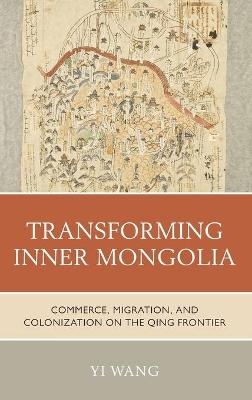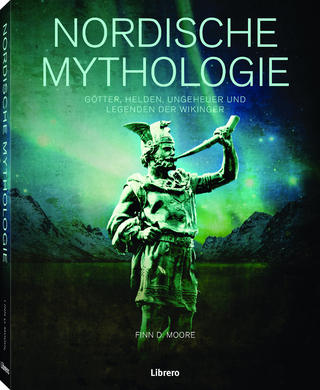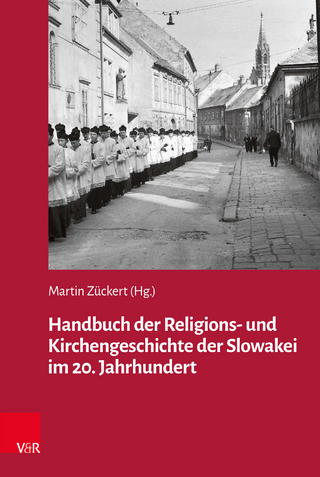
Transforming Inner Mongolia
Commerce, Migration, and Colonization on the Qing Frontier
Seiten
2021
Rowman & Littlefield (Verlag)
978-1-5381-4607-1 (ISBN)
Rowman & Littlefield (Verlag)
978-1-5381-4607-1 (ISBN)
This book analyzes the social, economic, and political impact of Han Chinese migration into the borderlands that became Inner Mongolia during the Qing period. Linking local history to global movements, Yi Wang traces Inner Mongolia’s integration into what would become the nation-state of China and from there into a global capitalist economy.
This groundbreaking book analyzes the dramatic impact of Han Chinese migration into Inner Mongolia during the Qing era. In the first detailed history in English, Yi Wang explores how processes of commercial expansion, land reclamation, and Catholic proselytism transformed the Mongol frontier long before it was officially colonized and incorporated into the Chinese state. Wang reconstructs the socioeconomic, cultural, and administrative history of Inner Mongolia at a time of unprecedented Chinese expansion into its peripheries and China’s integration into the global frameworks of capitalism and the nation-state. Introducing a peripheral and transregional dimension that links the local and regional processes to global ones, Wang places equal emphasis on broad macro-historical analysis and fine-grained micro-studies of particular regions and agents. She argues that border regions such as Inner Mongolia played a central role in China’s transformation from a multiethnic empire to a modern nation-state, serving as fertile ground for economic and administrative experimentation. Drawing on a wide range of Chinese, Japanese, Mongolian, and European sources, Wang integrates the two major trends in current Chinese historiography—new Qing frontier history and migration history—in an important contribution to the history of Inner Asia, border studies, and migrations.
This groundbreaking book analyzes the dramatic impact of Han Chinese migration into Inner Mongolia during the Qing era. In the first detailed history in English, Yi Wang explores how processes of commercial expansion, land reclamation, and Catholic proselytism transformed the Mongol frontier long before it was officially colonized and incorporated into the Chinese state. Wang reconstructs the socioeconomic, cultural, and administrative history of Inner Mongolia at a time of unprecedented Chinese expansion into its peripheries and China’s integration into the global frameworks of capitalism and the nation-state. Introducing a peripheral and transregional dimension that links the local and regional processes to global ones, Wang places equal emphasis on broad macro-historical analysis and fine-grained micro-studies of particular regions and agents. She argues that border regions such as Inner Mongolia played a central role in China’s transformation from a multiethnic empire to a modern nation-state, serving as fertile ground for economic and administrative experimentation. Drawing on a wide range of Chinese, Japanese, Mongolian, and European sources, Wang integrates the two major trends in current Chinese historiography—new Qing frontier history and migration history—in an important contribution to the history of Inner Asia, border studies, and migrations.
Yi Wang is associate professor of history at Binghamton University.
| Erscheinungsdatum | 05.07.2021 |
|---|---|
| Verlagsort | Lanham, MD |
| Sprache | englisch |
| Maße | 161 x 227 mm |
| Gewicht | 671 g |
| Themenwelt | Geisteswissenschaften ► Geschichte ► Allgemeines / Lexika |
| Geisteswissenschaften ► Geschichte ► Allgemeine Geschichte | |
| Geisteswissenschaften ► Geschichte ► Regional- / Ländergeschichte | |
| ISBN-10 | 1-5381-4607-X / 153814607X |
| ISBN-13 | 978-1-5381-4607-1 / 9781538146071 |
| Zustand | Neuware |
| Haben Sie eine Frage zum Produkt? |
Mehr entdecken
aus dem Bereich
aus dem Bereich
Götter, Helden, Monster und Legenden der Wikinger
Buch | Hardcover (2023)
Librero (Verlag)
19,95 €
Buch | Hardcover (2024)
Vandenhoeck & Ruprecht (Verlag)
100,00 €


